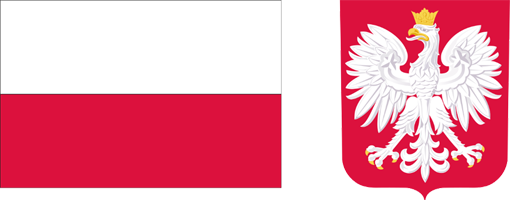Current issue
Archive
About the Journal
Aims and Scope
Editorial Board/Editorial Team
List of reviewers
Publishing process
Publishing Ethics and Malpractice Statement
Personal data protection (GDPR)
Creative Commons License
CrossRef Member / Similarity Check
For Authors
Call for papers
Guidelines for authors
Submitting a manuscript through the editorial system – step by step
For Reviewers
Peer review process
Guidelines for reviewers
Submitting a review – step by step
Contact
RESEARCH PAPER
SCANNING THE FUTURE OF RURAL TOURISM DEVELOPMENT: ADVANTAGES AND LIMITS FOR SUSTAINABLE INDICATORS APPROACH
1
University of Kragujevac, Faculty of Hotel Management and Tourism in Vrnjačka Banja, Serbia
2
University of Singidunum, Faculty of Tourism and Hospitality Management, Serbia
Submission date: 2024-08-27
Final review date: 2024-10-03
Acceptance date: 2025-01-09
Publication date: 2025-06-30
Corresponding author
Drago Cvijanović
University of Kragujevac, Faculty of Hotel Management and Tourism in Vrnjačka Banja, Vojvođanska 5a, 36210 Vrnjačka Banja, Serbia
University of Kragujevac, Faculty of Hotel Management and Tourism in Vrnjačka Banja, Vojvođanska 5a, 36210 Vrnjačka Banja, Serbia
Zagadnienia Ekonomiki Rolnej / Problems of Agricultural Economics 2025;383(2):1-23
KEYWORDS
JEL CLASSIFICATION CODES
Q15
R11
Q11
TOPICS
ABSTRACT
Aim:
The future of tourism will depend on many highly variable influences and factors gathered around one very important epithet, which is sustainability. Sustainable tourism represents responsible tourism, which takes place in accordance with the environment and nature. If something is developed in a way that contributes to people, and at the same time is responsible for the environment and nature, tends to be of high quality and last. This means that the indicators of that development are positive.
Material and methods:
The initial research hypothesis was the assumption that the development of tourism has positive effects on the development of rural destinations. The hypothesis was verified using the opinions of 303 local residents of 17 Fruška Gora Mountain villages (Vojvodina, Serbia), who were asked to answer certain questions using a modified tourism impact attitude scale (TIAS), assuming that the answers will show an extremely positive attitude towards the development of tourism in those villages.
Results:
The results showed that the local population considers tourism as a desirable activity that directly affects a better standard and quality of life of the local population.
Conclusions:
Giving positive answers to various statements regarding economic, sociological, and ecological indicators of sustainability implies that tourism for rural destinations represents a sustainable form.
The future of tourism will depend on many highly variable influences and factors gathered around one very important epithet, which is sustainability. Sustainable tourism represents responsible tourism, which takes place in accordance with the environment and nature. If something is developed in a way that contributes to people, and at the same time is responsible for the environment and nature, tends to be of high quality and last. This means that the indicators of that development are positive.
Material and methods:
The initial research hypothesis was the assumption that the development of tourism has positive effects on the development of rural destinations. The hypothesis was verified using the opinions of 303 local residents of 17 Fruška Gora Mountain villages (Vojvodina, Serbia), who were asked to answer certain questions using a modified tourism impact attitude scale (TIAS), assuming that the answers will show an extremely positive attitude towards the development of tourism in those villages.
Results:
The results showed that the local population considers tourism as a desirable activity that directly affects a better standard and quality of life of the local population.
Conclusions:
Giving positive answers to various statements regarding economic, sociological, and ecological indicators of sustainability implies that tourism for rural destinations represents a sustainable form.
We process personal data collected when visiting the website. The function of obtaining information about users and their behavior is carried out by voluntarily entered information in forms and saving cookies in end devices. Data, including cookies, are used to provide services, improve the user experience and to analyze the traffic in accordance with the Privacy policy. Data are also collected and processed by Google Analytics tool (more).
You can change cookies settings in your browser. Restricted use of cookies in the browser configuration may affect some functionalities of the website.
You can change cookies settings in your browser. Restricted use of cookies in the browser configuration may affect some functionalities of the website.




